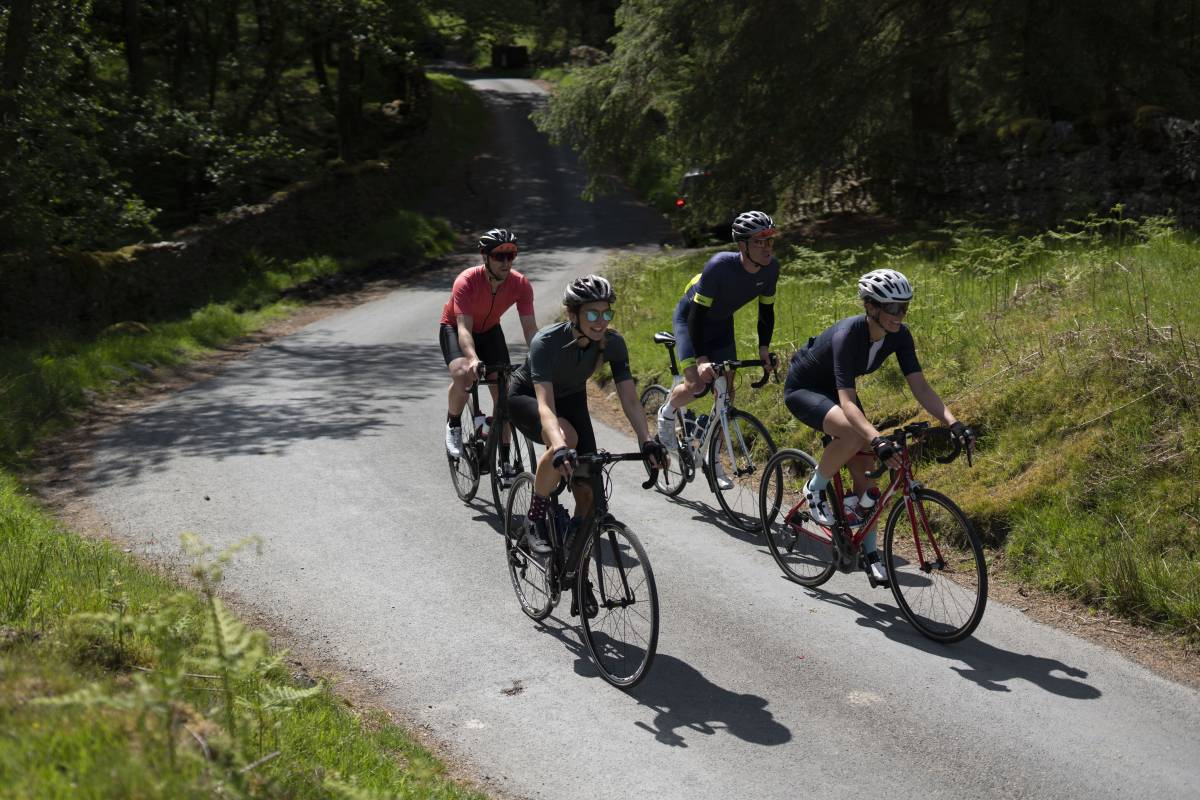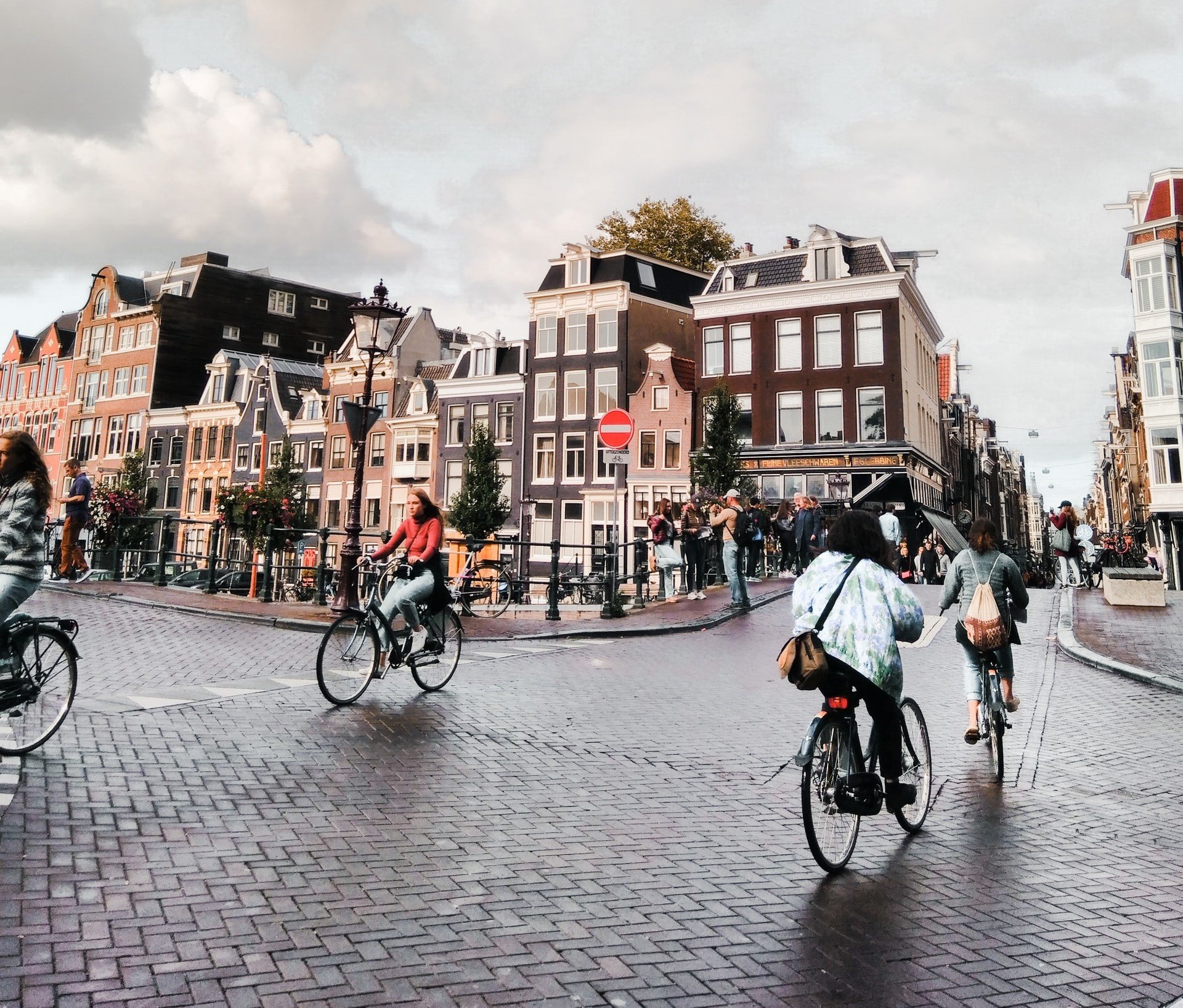I don't have to reconsider anything since we are the same people. Our experience is closely matched in every respect, including NCB, except that I now only have the one car, though at one time for a few years I was able to use any out of a fleet of 140 of them! My whole attitude is one of humility on the road, placing myself second to pedestrians, cyclists, horse riders and public transport like buses and taxis. I even give way to those others who unfortunately have to use the roads for a living, knowing the pressures and stresses that they are under.
But I reject the notion that luck plays a big part. Everyone involved in any accident has played a part in it and can therefore have influence on the outcome, or whether there actually was an accident. Even when something isn't apparently my fault, my actions will have played a part in the cause. For decades I've regarded myself as a permanent learner driver, acknowledging that there's always more to learn, so it's best to be cautious anywhere where something can happen that I might not have experienced before.
Wherever possible I've ridden bikes as I ride a motorcycle, way out in the road in the centre line that cars use. There I can be clearly seen and I get more warning of another's silly action. Pavements, the nearside lane, and parked vehicles are the biggest danger areas, so I avoid them like the plague. When stuck in a nearside lane, I ride as if I know that someone is definitely going to step out, and someone else is definitely going to throw open a car door in my face, so I'm ready for it to happen. Over many years I would never ride without a rear view mirror. And most importantly I've cycled at the sensible speeds that most of the world cycle at, not the barmy modern British way of emulating road racing cyclists. If only our cyclists would revert to how we all used to cycle at circa 10 mph prior to some 60 years ago, almost all their cycle accidents would magically disappear.
So as I remarked earlier, we are very much the same person, except in two respects. The credit given to luck and our sense of proportion about road usage priorities and responsibilities.
.
Experience and skill go a long way to reducing risk, putting the odds in our favour, but they cannot completely eliminate it. Travelling along a road surrounded by people of differing abilities, people distracted by phones etc, maybe on drugs or alcohol, or just wanting to show off, or are late and are willing to take risks, mixed in with all vehicle types and pedestrians is an inherently complex and risky business. Hence at the end of the day, there is always a significant element of luck involved in us getting to our destination in one piece.
You are perfectly correct about riding position. However, I frequently have to deal with the anger of motorists who do not understand why I am riding in that position, preventing them from overtaking. How do you deal with it? Maybe you can just ignore it. But imagine you are a woman and not very confident and a motorist comes up behind you shouting "Get out of my f*cking way you ugly fat slag before I f*cking knock you out of the way!" How long would you imagine they would keep riding on the road? I have seen this kind of behaviour and experienced similar towards myself from motorists all too frequently. Only last night I was riding primary as I came to a traffic island. Idiot behind on the horn, followed by the subsequent punishment pass and abuse yelled at me by the front passenger as they passed. 10m after they overtook I could legally get off the road onto the shared path and was out of the way of traffic...they could not wait for just a few seconds. This unnecessary aggression has only got worse in recent years. No wonder people try to cycle as fast as they can, so they can reduce their time exposed to this kind of behaviour. I would like to ride at a relaxed sedate pace, but they way things are on the roads, it isn't going to happen. I need to get out of the danger as quickly as I can.
It is because we have an environment designed for cars that most people do not cycle. The current environment encourages those that are of the "road warrior" DGAF mindset (who often give cyclists a bad name), not those who would like to cycle at modest speeds. Also, if you are a person of a normal disposition and brave the challenges of the road, you will often end up in a state of considerable anxiety and react badly when you encounter a potentially confrontational situation.
We will not increase the numbers of people cycling significantly until we change the way we design our road environment and change attitudes towards people on bikes to make cyclists feel reasonably secure and safe. It is a chicken and egg situation. But when cycle lanes do get put in, or LTNs, motorists will do everything they can to block them or have them taken out, even though their benefits are well known and proven. We are seeing this in some places like London, where segregated routes and LTNs have been put in.
I take it that you do not agree with with the hierarchy of responsibility changes in the Highway Code?
Perhaps it is because you spent a lot of your life working in the motor industry that you have this perspective?
How would you encourage more people to cycle? What do you think needs to be done?
















